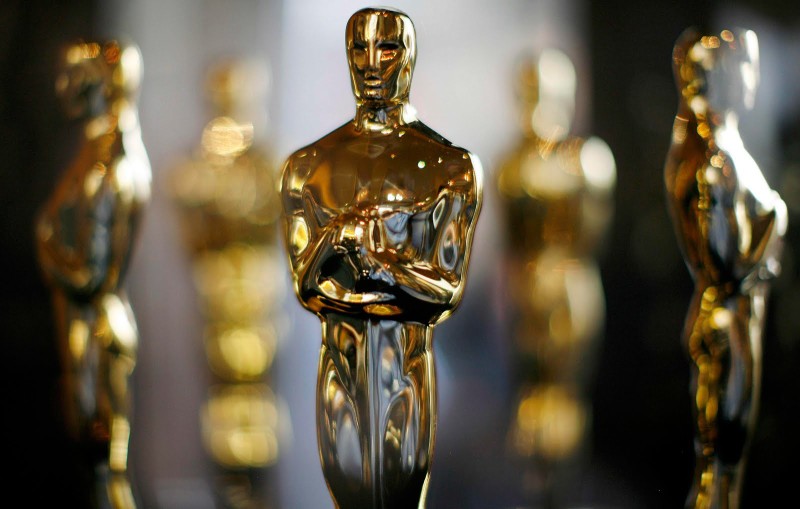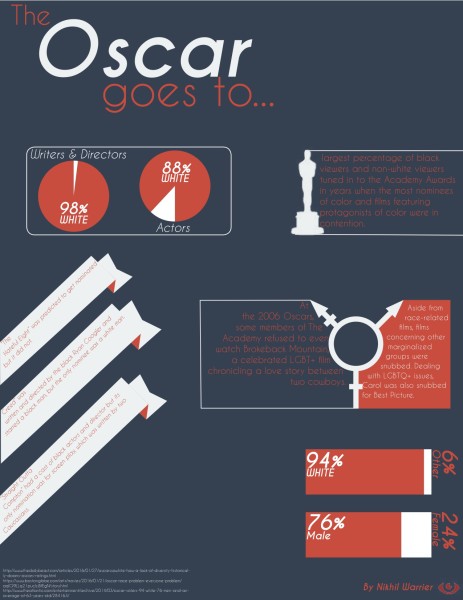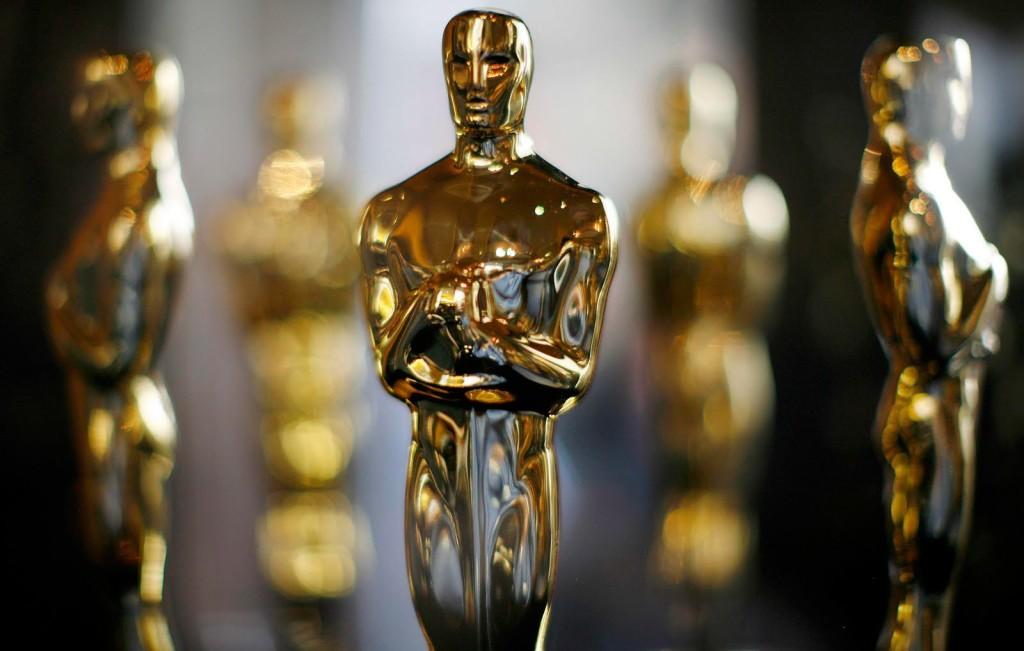
Two weeks ago, The Academy of Motion Picture Arts and Sciences released the 2016 Oscar nomination list, which—just as in previous years—comprised primarily white nominees. In response, several prominent figures in the motion picture industry have threatened to boycott the awards ceremony, and movements have begun on Twitter criticizing the whitewashing of the Academy Awards.
This isn’t the first time the ceremony has featured a nearly all-white nominee list. As of 2012, only 12% of actor nominees and 2% of writer and director nominees have been individuals of color. This can likely be attributed to the fact that the Academy is largely made up of white men—the body is 94% white and 76% male—leading to inherent bias that extends beyond race. At the 2006 Oscars, for instance, some Academy members refused to even watch Brokeback Mountain, a celebrated LGBTQ+ film recounting a love story between two cowboys.
Though bias within a niche of the entertainment industry may seem like an issue that affects very few, real-world impacts stem from biased awards ceremonies. This is especially relevant at a high school where many seek to pursue a career in acting. Film is already a notoriously difficult career in which to succeed, and discrimination makes it even more challenging.
Two of last year’s most popular and critically acclaimed movies, Straight Outta Compton and Creed, chronicle the lives of black characters; however, the movies’ only nominations went to white writers and supporting actors. The Hateful Eight, a film discussing race relations in 19th century America, was predicted to be a shoo-in for Best Original Screenplay, but it was notably missing from the list of nominees. Aside from race-related films, films concerning other marginalized groups were snubbed. Carol, a critically-acclaimed movie dealing with LGBTQ+ issues, was also absent from the Best Picture list.
The problem with this misrepresentation is that the Academy has simply become too outdated to represent the average American moviegoer. 94% white and 76% male does not accurately depict the demographics of the country today, and the Academy can surely find a more diverse group of knowledgeable film buffs as film schools become increasingly representative of women and racial minorities.
In the face of the controversy, Academy president Cheryl Boone Issacs promised to include a more diverse set of Academy members to review future potential Oscar nominees. While this is obviously a step in the right direction, a larger issue needs to be addressed: Hollywood’s systemic race problem. As of 2012, only 15.1% of lead actors in American films were individuals of color. Usually, films with black leads are labeled as “black movies” while movies with white leads are marketed far more broadly.
The blatant racial disparity in the film industry is exacerbated by widespread whitewashing, in which white actors are cast as characters of color. In the film Aloha, for example, white actor Emma Stone played the role of Allison Ng, an Asian-Hawaiian character. In The Lone Ranger, Johnny Depp played the Native American Tonto, although he is obviously not of Native American descent. In his portrayal of Tonto, he relied on racist stereotypes such as halting, fragmented sentences.
While the Oscars is just an awards ceremony to some, for many in the entertainment industry winning an Oscar is the gateway to becoming more respected and getting more challenging roles. No matter how subjective awards ceremonies are, it’s important that the subjectivity doesn’t bar certain deserving members from receiving an award just because of implicit bias within The Academy.
Pervasive racial bias in Hollywood is certainly not an issue that can be solved by next year’s Academy Awards, but proper steps can be taken to ensure that the awards ceremony fairly considers all potential nominees. Casting directors can begin by taking active steps to cast actors of color. This task is admittedly difficult, and is one that cannot be accomplished simply via passive rhetoric—industry leaders must seek out and recruit lesser-known minority talent. The Academy should also follow through on its promise to diversify its membership. Ultimately, these initial steps will not only diversify the Oscars award pool, but will foster a richer, more complex film industry better representative of modern society.







